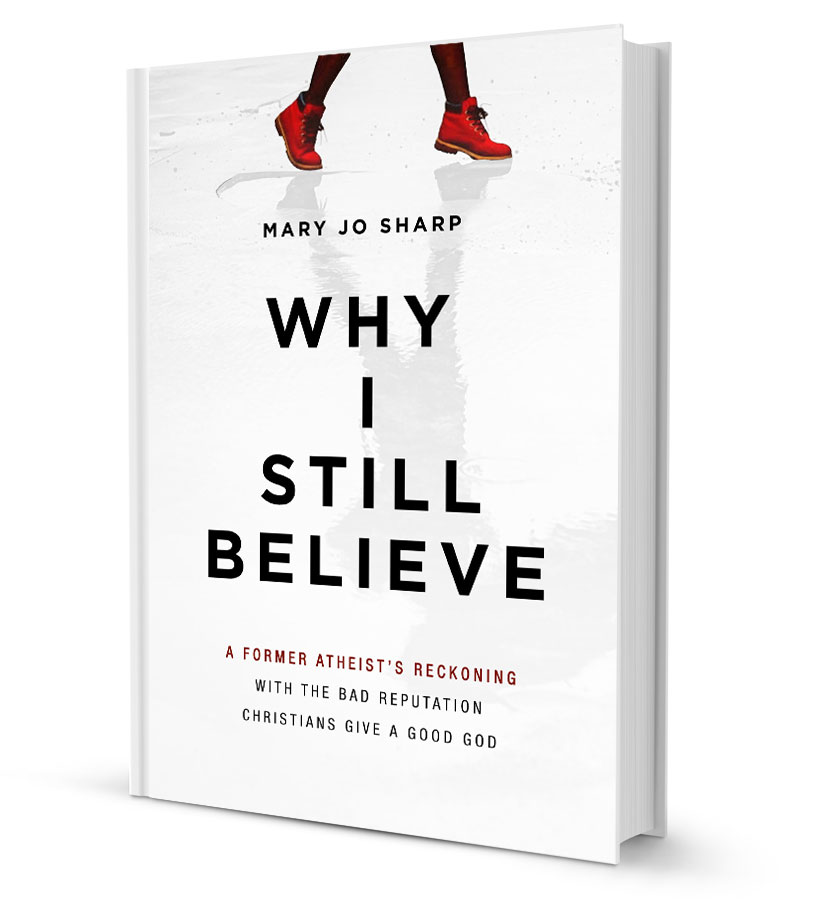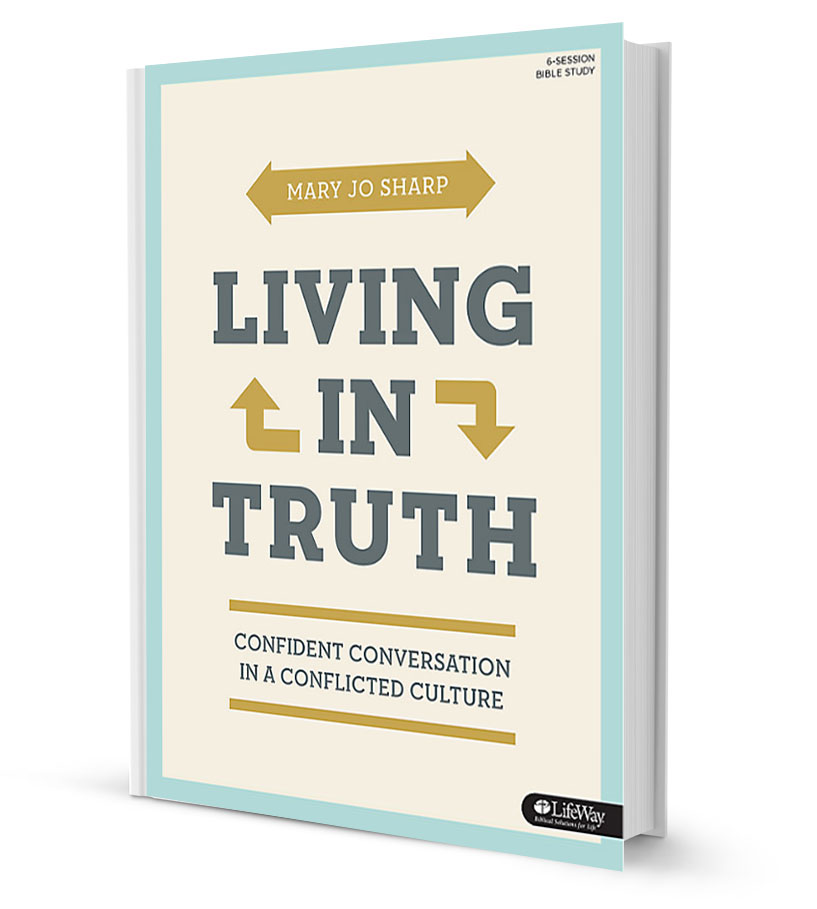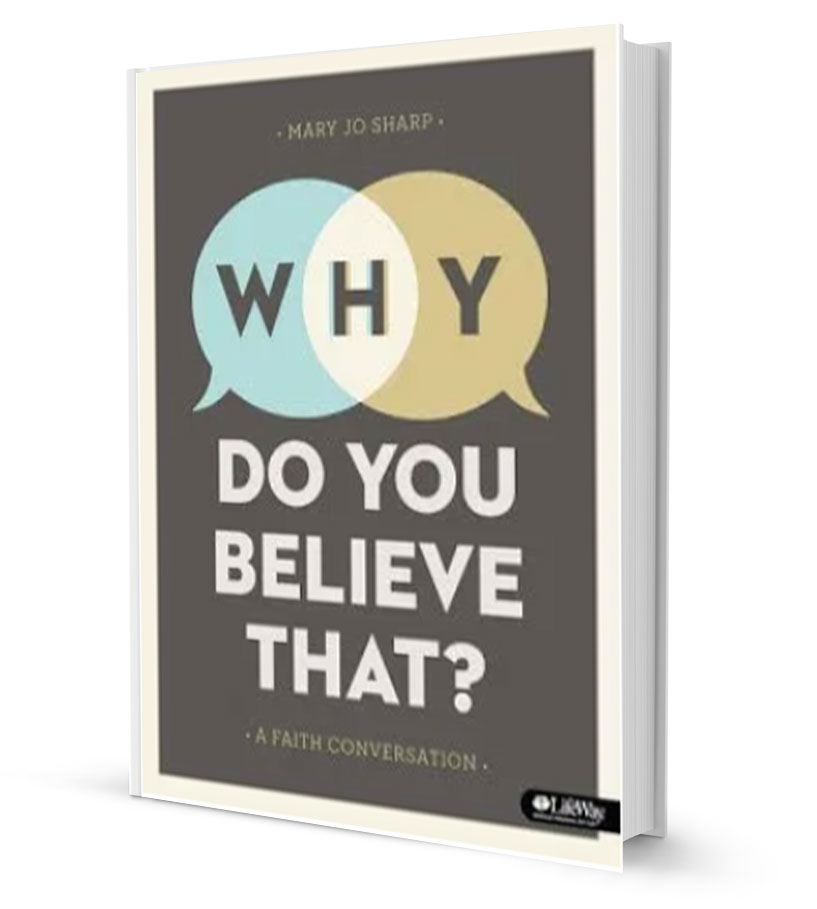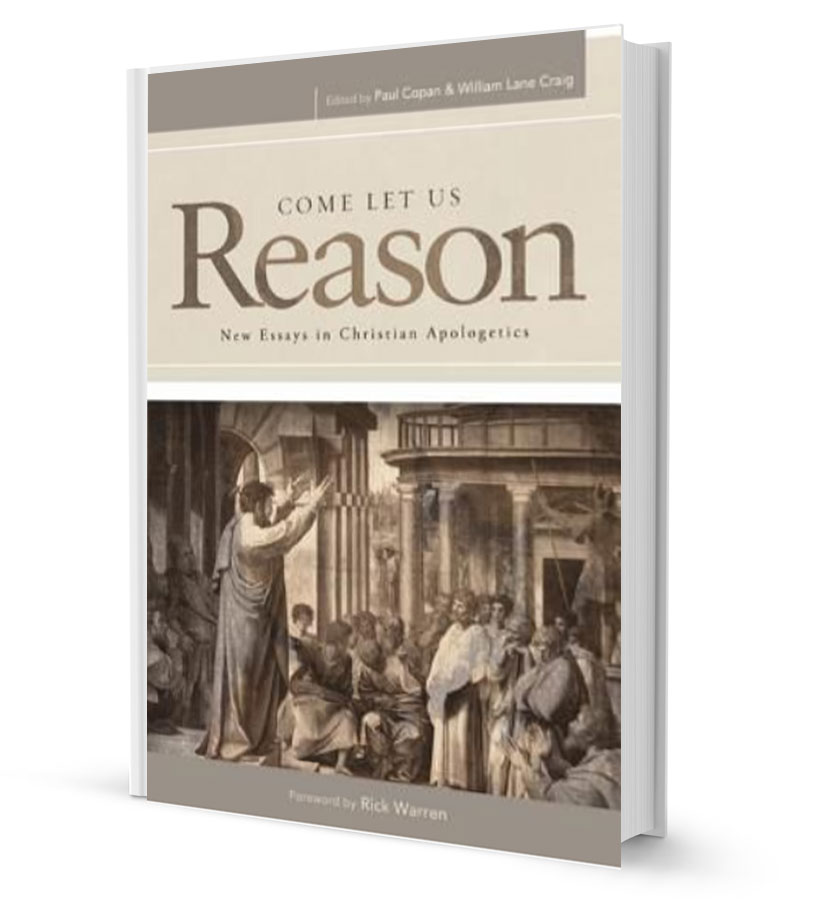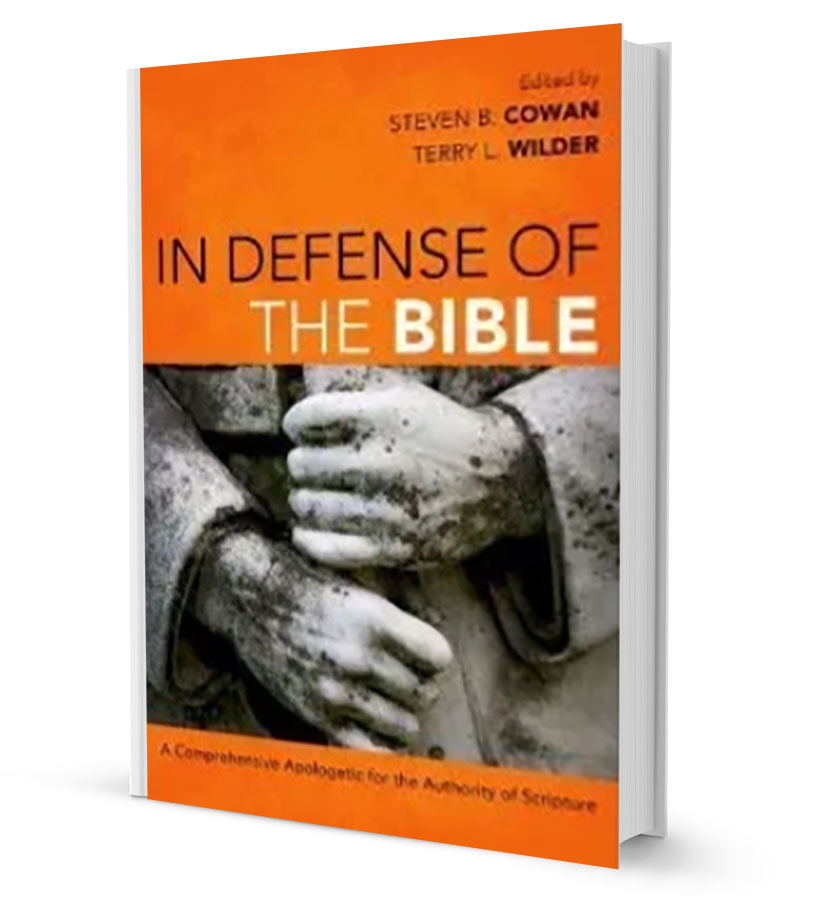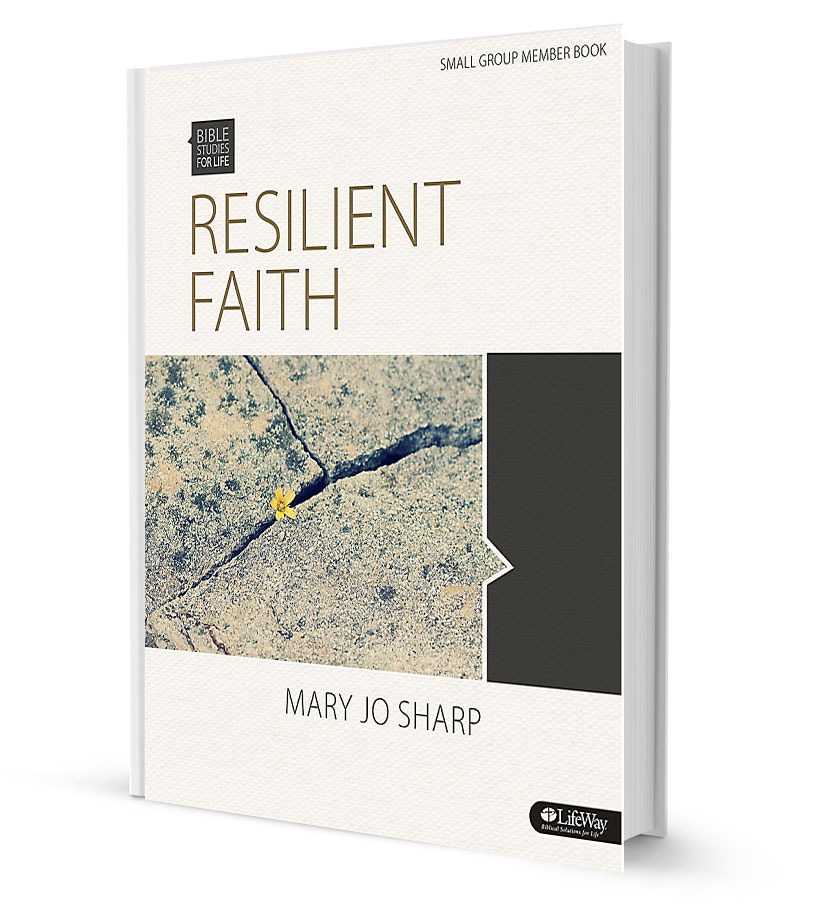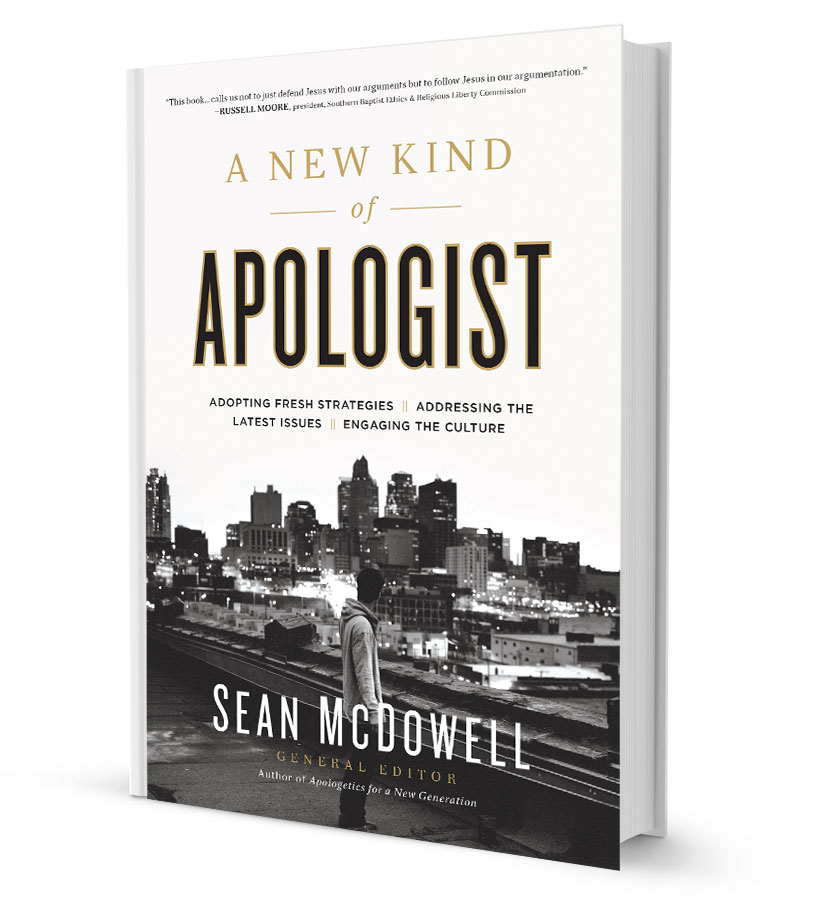Books
For anyone who feels caught in the tension between the beauty of God's story and the ugliness of human hypocrisy, Why I Still Believe offers a stirring story of hope.
Why would anyone be a Christian when there is so much hypocrisy in the church? Mary Jo Sharp shares her journey as a skeptical believer who still holds to a beautiful faith despite wounding experiences in the Christian community.
At a time when de-conversion stories have become all too common, this is an earnest response - the compelling conversion of an unlikely believer whose questions ultimately led her to irresistible hope. Sharp addresses her own struggle with the reality that God's people repeatedly give God's story a bad name and takes a careful look at how the current church often inadvertently produces atheists despite its life-giving message.
For those who feel the ever-present tension between the beauty of salvation and the dark side of human nature, Why I Still Believe is a candid and approachable case for believing in God when you really want to walk away. With fresh and thoughtful insights, this spiritual narrative presents relevant answers to haunting questions like:
- Isn't there too much pain and suffering to believe?
- Is it okay to have doubt?
- What if Jesus' story is a copy of another story?
- Is there any evidence for Jesus' resurrection?
- Does atheism explain the human experience better than
Christianity can? - How can the truth of Christianity matter when the behaviors of
Christians are reprehensible?
At once logical and loving, Sharp reframes the gospel as it truly is: the good news of redemption. With firmly grounded truths, Why I Still Believe is an affirming reminder that the hypocrisy of Christians can never negate the transforming grace and truth of Christ.
We’re becoming a culture that says there is no truth to be found about God. We also think that tolerance is about accepting every view as equally true but, realistically, with an exception excluding the Christian faith. Christians are rapidly becoming the target of secular media and aggressive atheist propaganda, marginalizing not just Christian beliefs, but also Christian people.
False ideas within the body of Christ and the influence of culture crack our foundation of faith. Many women need to go back to the basis of their beliefs and strengthen confidence in their beliefs and in God. The goal of this study is to help every Christian effectively converse on truth by following basic steps: 1) See the need for these conversations, 2) Know what you believe, 3) Listen to discover the cultural view, 4) Learn to ask questions, 5) Respond to false beliefs, and 6) Engage in a lifestyle of total truth.
Join Mary Jo in a practical seven-session study and gain understanding and skill to share Jesus effectively with others, and you’ll better understand your own faith. In Why Do You Believe That? you will answer your doubts, build your confidence, and start changing lives.
In Defending the Faith popular apologist Mary Jo Sharp issues a personal challenge for sisters in Christ to approach their faith on an intellectual level, along with a compelling call for women's ministries to help women love God with their minds by incorporating apologetics into their
programs.
"What a valuable resource! We live in a culture of competing ideas and ideologies that challenge our faith and require us to think deeply about our beliefs. Honestly, I can't think of a more valuable resource in women's ministry to equip you, your family and your church to defend your hope in Jesus Christ."
-Andy Steiger, Director of Apologetics Canada
Come Let Us Reason is the third book in a series on modern Christian apologetics that began with the popular Passionate Conviction and Contending with Christianity’s Critics. The nineteen essays here raise classical philosophical questions in fresh ways, address contemporary challenges for the church, and will deepen the thinking of the next generation of apologists.
Contributors include J. P. Moreland, William Lane Craig, Gary R. Habermas, Craig Keener, Paul Copan and Mary Jo Sharp.
In Defense of the Bible gathers exceptional articles by accomplished scholars (Paul Copan, William A. Dembski, Mary Jo Sharp, Darrell L. Bock, etc.), addressing and responding to all of the major contemporary challenges to the divine inspiration and authority of Scripture.
The book begins by looking at philosophical and methodological challenges to the Bible—questions about whether or not it is logically possible for God to communicate verbally with human beings; what it means to say the Bible is true in response to postmodern concerns about the nature of truth; defending the clarity of Scripture against historical skepticism and relativism.
Contributors also explore textual and historical challenges—charges made by Muslims, Mormons, and skeptics that the Bible has been corrupted beyond repair; questions about the authorship of certain biblical books; allegations that the Bible borrows from pagan myths; the historical reliability of the Old and New Testaments.
For so many Christians in the American culture, faith is an easy thing. They go to church, they read the Bible, and they love Jesus. But what happens when their comfortable world is turned upside down? For too many people, their faith is shaken. Faith in Christ can-and should-be constant, because Christ, the One in whom we place our faith, is constant. We all face-or will face-difficult times when we need to stand firm in our Christ-centered faith. The Book of 1 Peter offers the needed understanding of what a resilient faith looks like and how we can stand strong regardless of what comes at us. Ideal for small groups.
- 6 session study of 1 Peter
- Learn what a resilient faith looks like and how we can stand strong regardless of what comes at us
- Ideal for groups meeting anytime, anywhere
- Videos for each session included in the Leader Kit
- Free Sermon Outlines
A New Kind of Apologist, edited by Sean McDowell and with contributions from more than 20 leading apologists, is the go-to resource for effectively defending the Christian faith in our changing culture.
In it you'll discover important topics often ignored by apologists (such as transgender issues, religious freedom, and the intersection of economics and apologetics), a new kind of apologetics that is relational, gracious, and holistic, as well as interviews with both seasoned apologists and skeptics, providing insights into how to do apologetics effectively in today's culture.

